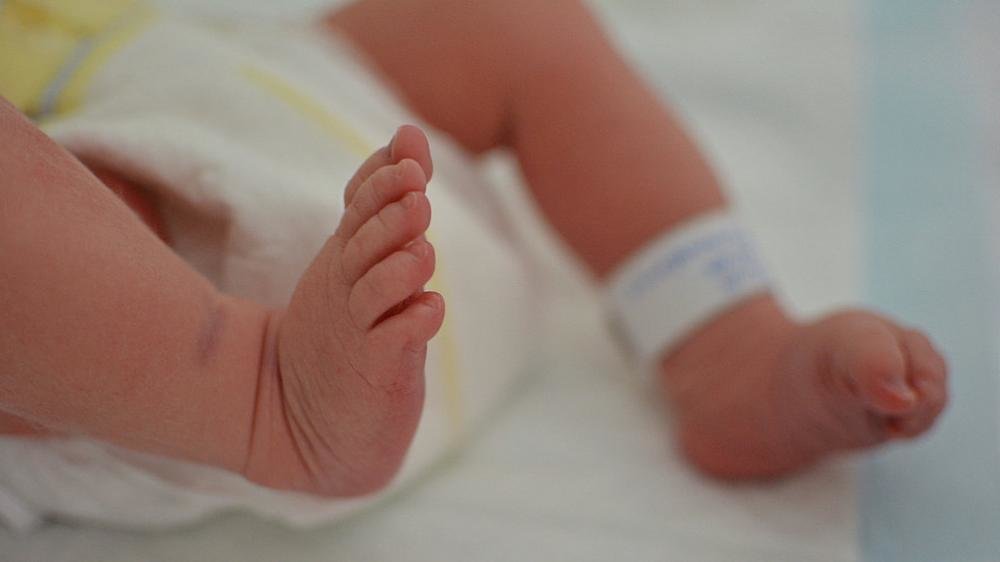
On Monday, a woman in Greece who tested positive for COVID-19 while pregnant, gave birth to a healthy baby who tested negative for the virus. And this is the second case in Greece of a baby being born to a mother with the coronavirus testing negative for the virus. This is such great news! Of course it's great news for these particular mothers and their babies, but it's also great news for pregnant women in general because it implies … well, we're not doctors so what we have to say about what this implies doesn't matter, but the director of maternity at Attikon Hospital–where both of the babies were born–said, "The virus is not transmitted by the placenta." Such great news we want to share it far and wide!
More from MamásLatinas: How to protect agains coronavirus phone & cyber scams
Ever since we first heard about the new coronavirus, we've been keeping an eye out for information about how it affects pregnant women and their babies. The fear being that if a pregnant woman contracts COVID-19, she could pass it along to her fetus. There have been some small studies that have shown that coronavirus-infected mothers who delivered via C-section did not pass the virus on to their newborns. This good news from Greece adds to the body of evidence that a mother with COVID-19 can have a baby that does not test positive for the virus. Keep reading to see the info we've gathered so far.
The good news from Greece.
The first baby born virus-free was delivered on March 19. Doctors created a confined area in which to perform a cesarean section. They also took precautions like wearing three pairs of gloves, protective eyeglasses, and masks to protect themselves from being exposed to the virus themselves. The mother will be isolated for 14 days before she is allowed to hold the baby. The second virus-free baby was born on Monday and we assume similar precautions were taken.
Small studies also indicate the virus is not passed from womb to baby.
Earlier this month, we shared the findings of two studies that found mothers with COVID-19 will not necessarily pass the virus to their babies. It's important to note that in both studies the babies were delivered via C-section, which means the findings do not necessarily apply to women who give birth vaginally.
Some newborns have tested positive for COVID-19.
In February, we shared the case of a baby who was born to a mother with coronavirus and tested positive for it as well 30 hours after being born. Then in March we shared the story of another baby born to a mother with coronavirus and in that instance, the baby tested positive for the virus just minutes after being born. What's different about these births in respect to the babies that tested negative in Greece is that these babies were delivered vaginally as opposed to via C-section, and could have contracted the virus during the delivery process.
Does that mean that C-sections are the way to go for pregnant women with coronavirus?
Again, we are not doctors, but from current available evidence, it does appear that the risk of a newborn contracting coronavirus from the mother during delivery is higher when the baby is delivered vaginally. Also, let's remember that there is still so much to learn about coronavirus and how it affects pregnant women.
How should pregnant women protect themselves and the babies they are carrying?
Our go-to sources for how coronavirus affects pregnancy have been the Centers for Disease Control and Prevention and the Word Health Organization. Both organizations acknowledge that COVID-19 is such a new illness that the scientific community is still learning about it and how it affects specific populations like pregnant women. What is known is that because of changes to pregnant women's immune systems, "pregnant women can be badly affected by some respiratory infections" and that's why it's so important for pregnant women to protect themselves against COVID-19.
The best defense against coronavirus for pregnant women is to not catch it at all. Both the CDC and WHO recommend that pregnant women take the same precautions as the general public to avoid contracting the disease. Those precautions include washing your hands with soap and water for at least 20 seconds and staying away from sick people.




